Professional tile sealing that stops stains before they start and extends your surfaces for years.
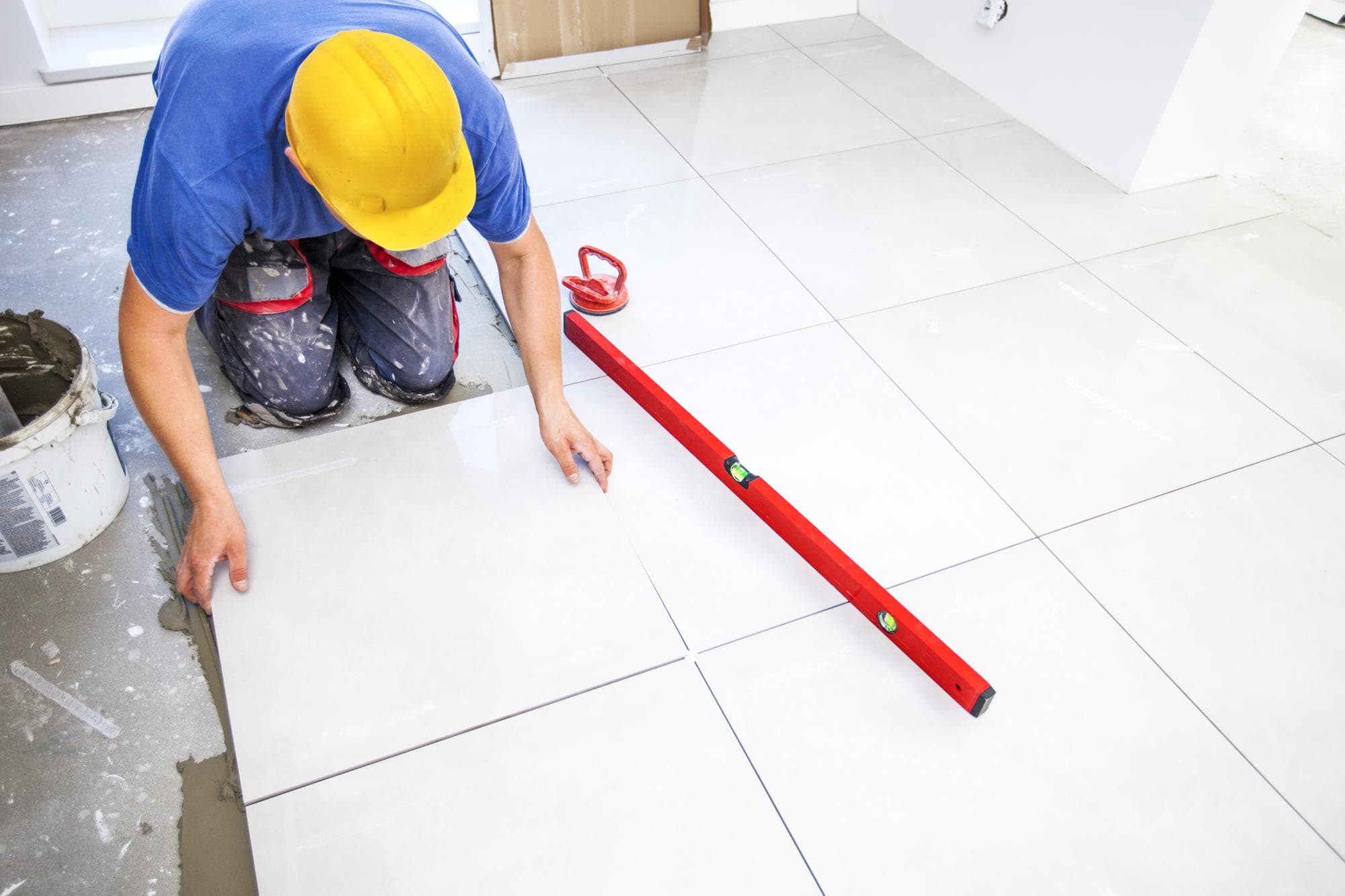
Hear from Our Customers
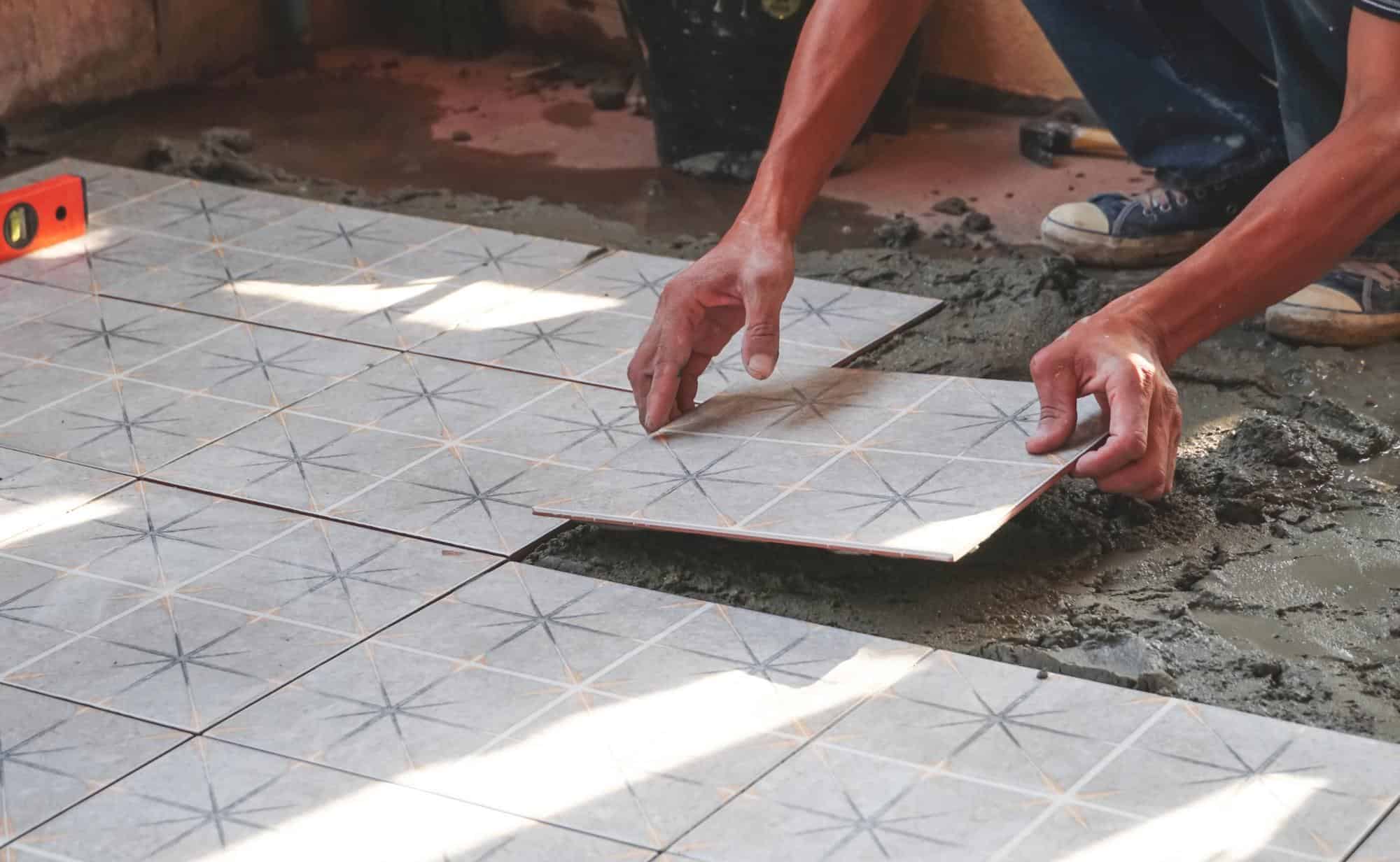
Your tile investment gets real protection. We create an invisible barrier that repels water, prevents staining, and blocks dirt from penetrating porous grout lines. No more scrubbing coffee stains or worrying about spills.
The difference shows immediately. Your surfaces stay cleaner longer, maintenance becomes simple wipe-downs instead of deep scrubbing sessions, and your tiles maintain their original appearance for years instead of months.
You’re not just getting a service—you’re getting peace of mind that your surfaces can handle whatever daily life throws at them.
We’ve been serving Granite Springs and the greater NYC area with specialized surface restoration services. We understand the unique challenges that Westchester County homes face—from hard water deposits to high-traffic wear patterns.
Our approach is straightforward: assess your specific tile type, choose the right sealer for your situation, and apply it correctly the first time. We work with ceramic, porcelain, and natural stone tiles, using professional-grade sealers that last years, not months.
You’re working with specialists who focus on restoration over replacement. That means we help you maximize what you already have instead of selling you on expensive renovations.
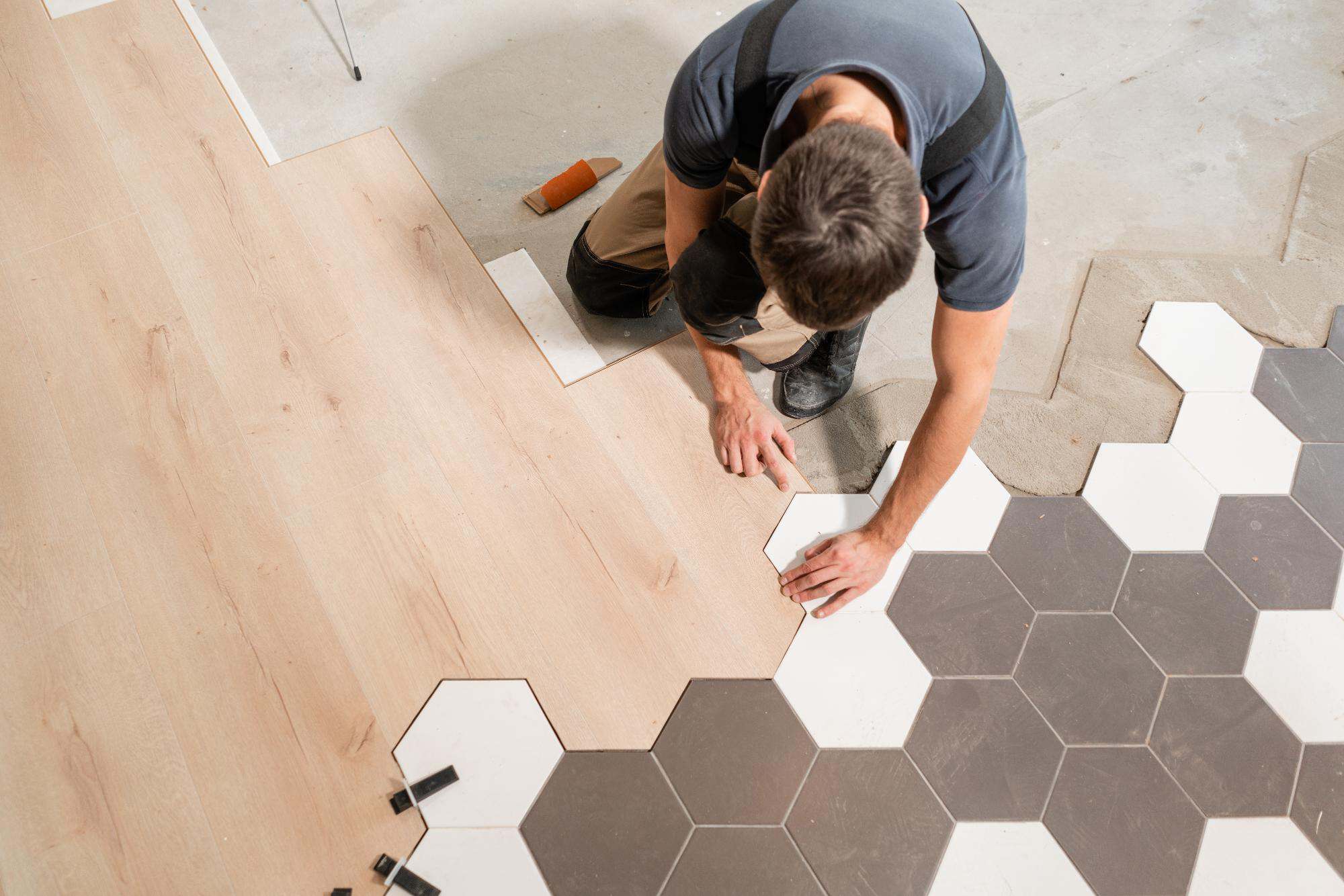
First, we evaluate your tiles and grout condition. Different materials need different sealers—what works for ceramic doesn’t necessarily work for natural stone. We test porosity and check for existing damage that needs addressing first.
Next comes thorough cleaning. Sealers only work on clean surfaces, so we remove all dirt, soap residue, and old sealer remnants. This step determines how well the new sealer will bond and how long it will last.
Finally, we apply the sealer using professional equipment that ensures even coverage and proper penetration. We give you specific curing times and maintenance instructions so you know exactly when you can use your surfaces again and how to keep them protected.
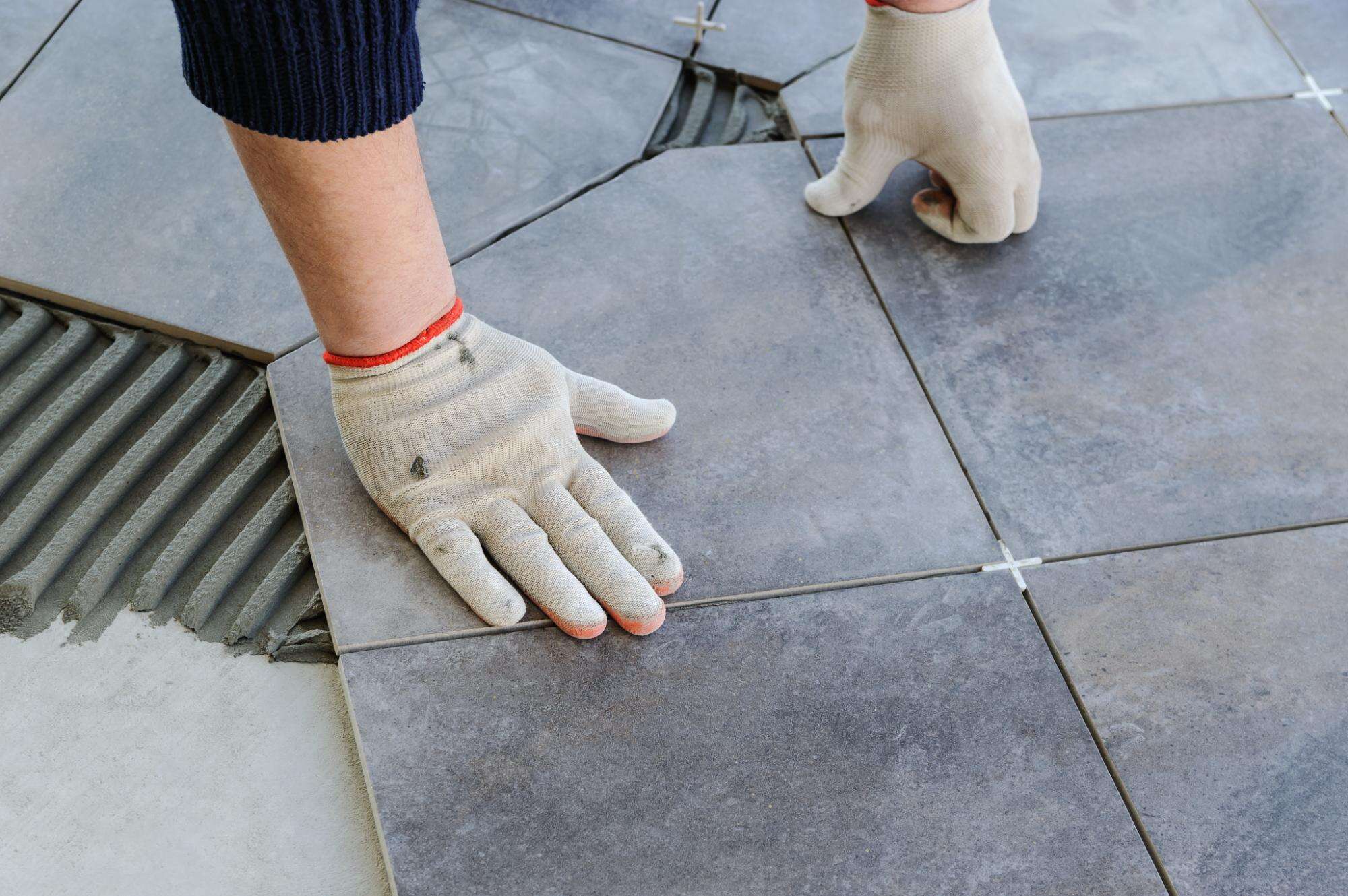
Ready to get started?
Our tile sealing service covers complete surface protection for your specific needs. We seal ceramic tiles, porcelain surfaces, natural stone, and grout lines using appropriate sealers for each material type.
In Granite Springs, we see a lot of homes with mixed tile types—ceramic in bathrooms, porcelain in kitchens, natural stone in entryways. Each requires different sealing approaches, and we handle them all in one visit.
You get material-specific sealer application, proper curing guidance, and maintenance recommendations tailored to your household’s usage patterns. We also provide realistic expectations about resealing timelines based on your specific situation—high-traffic areas need attention sooner than guest bathrooms.
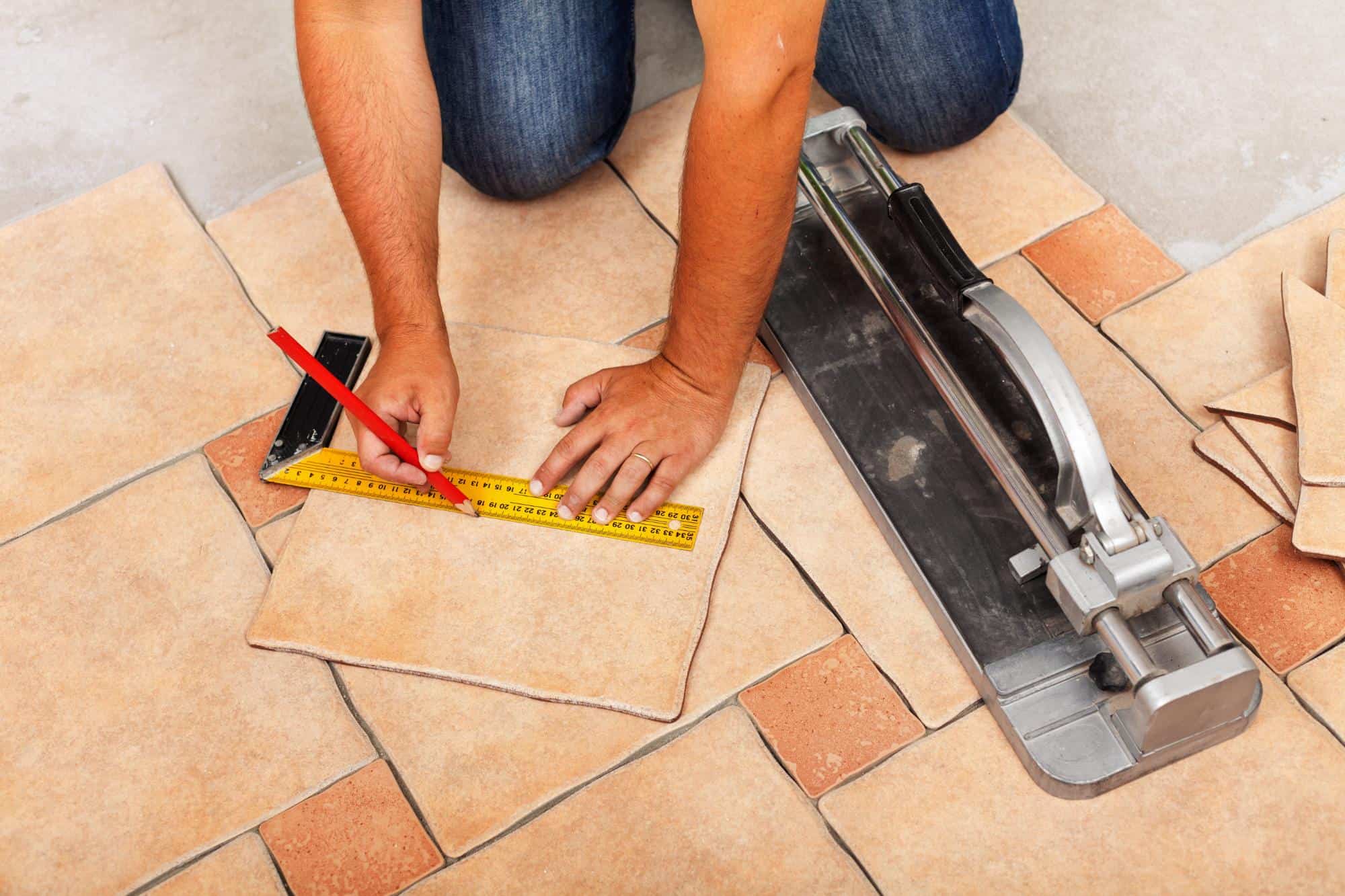
Ready To Restore The Beauty Inside Your Stone?
Contact us today!
Diamond Stone Restorations Corp
Company
Support
Useful Links